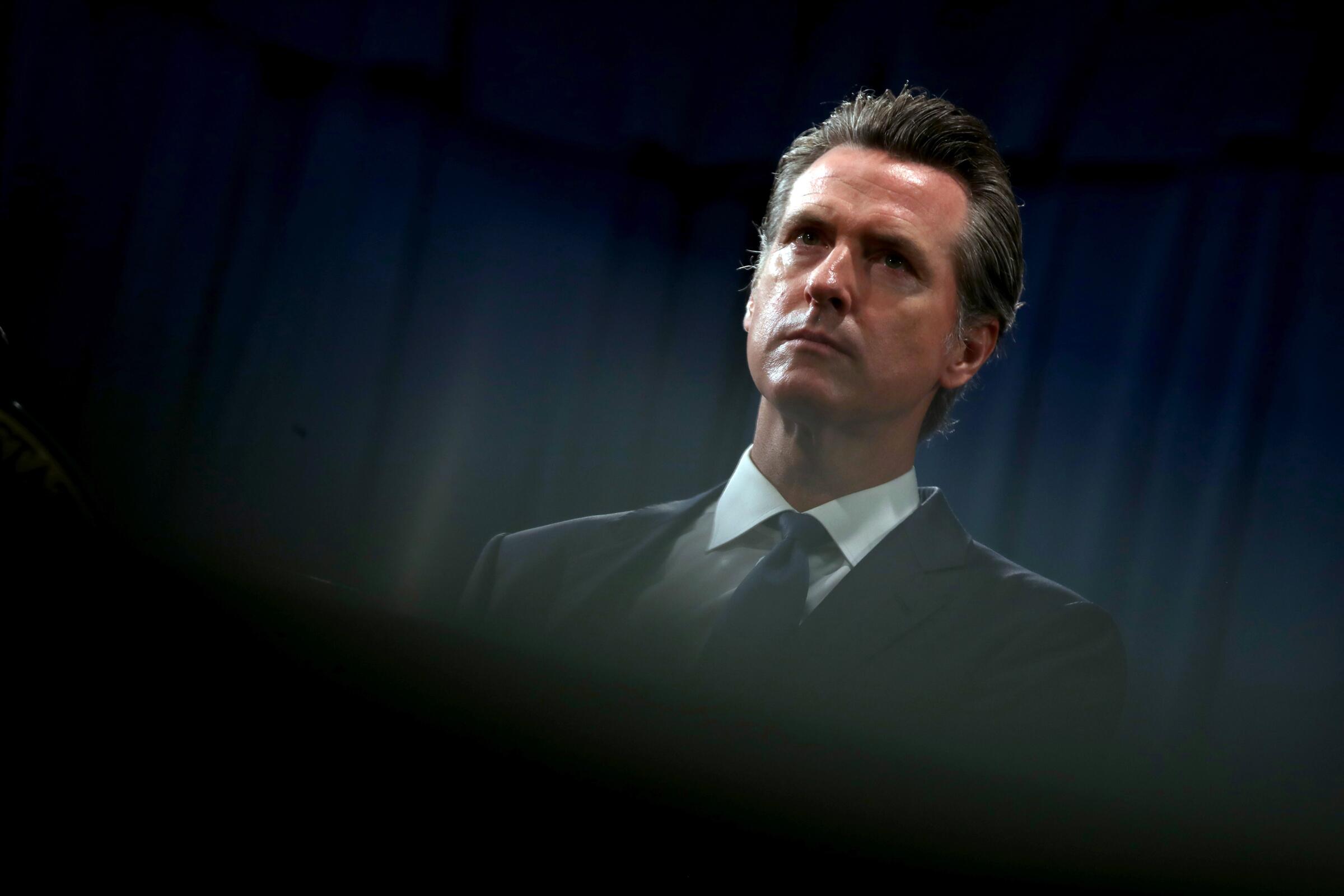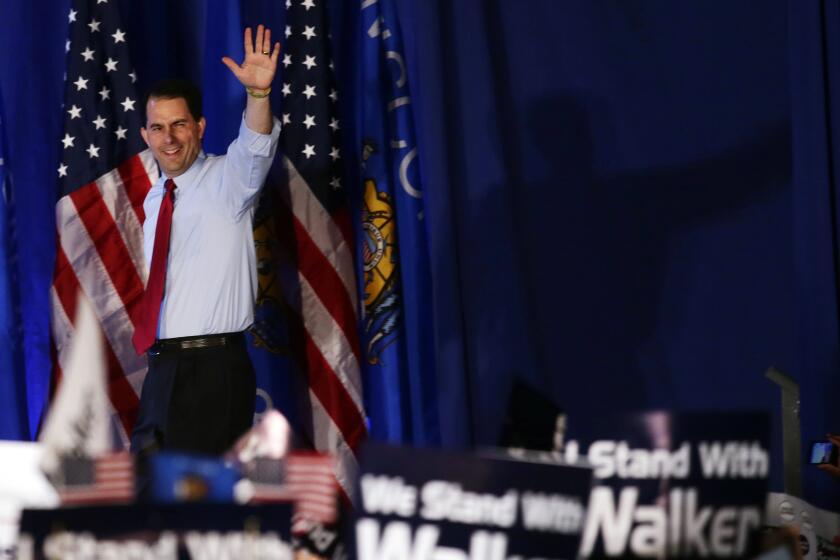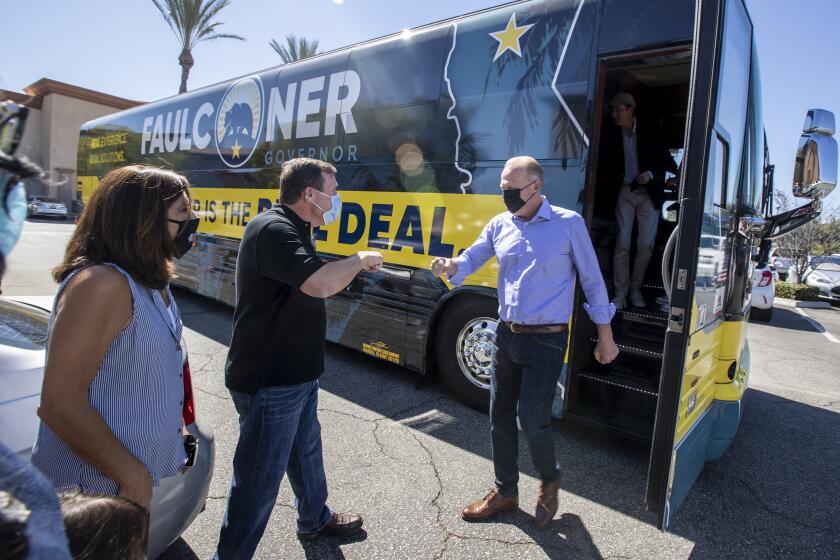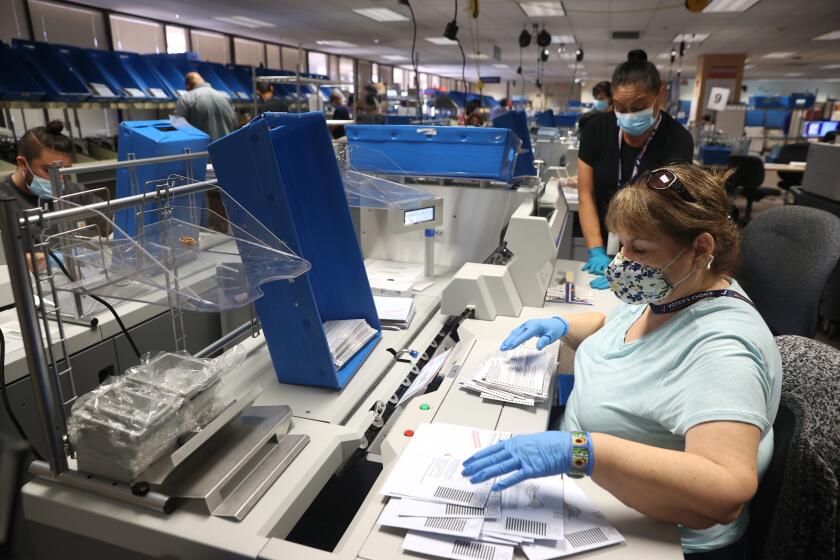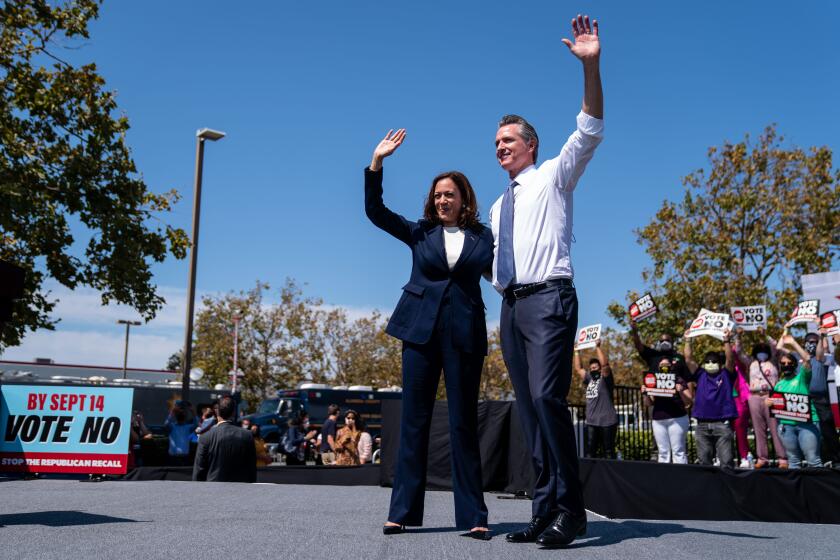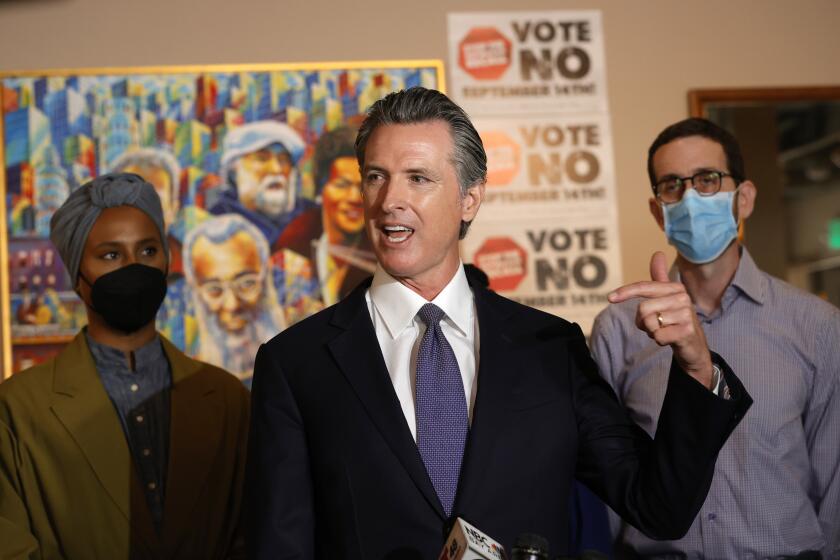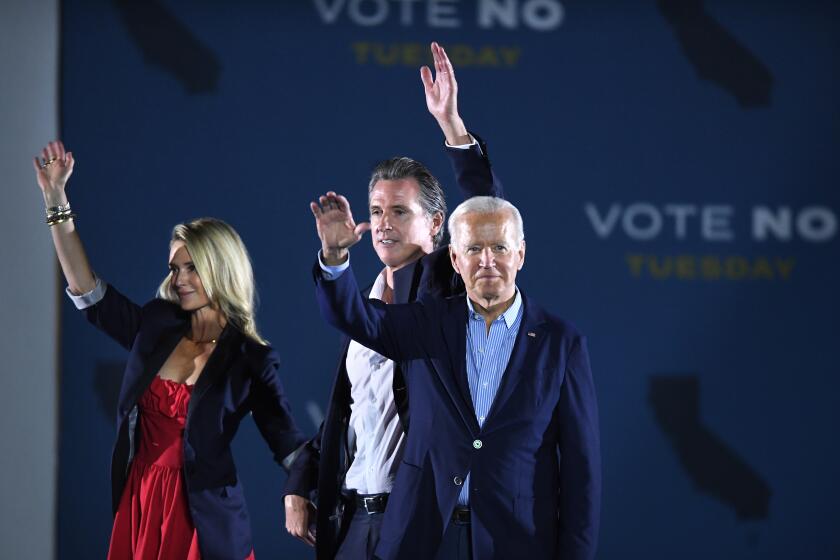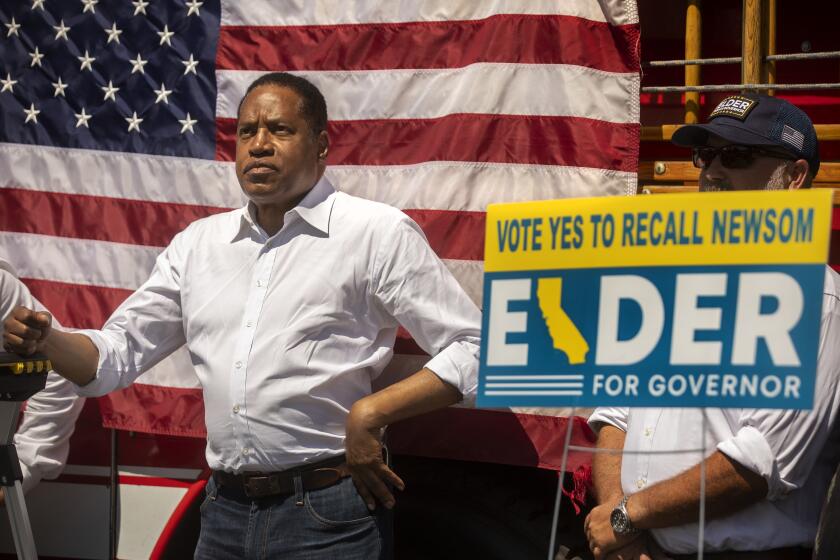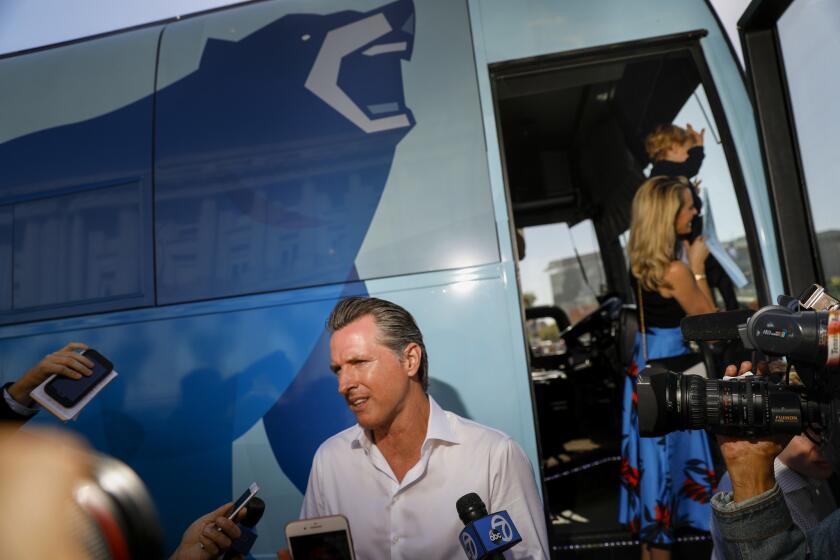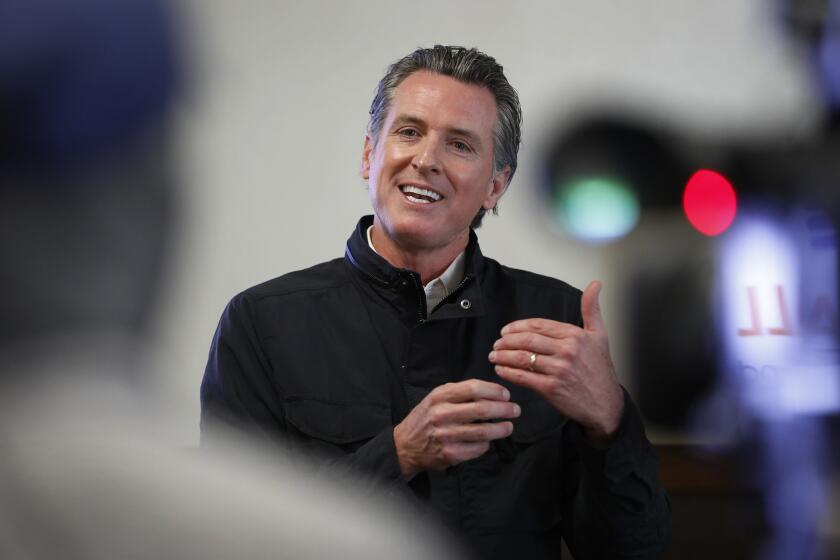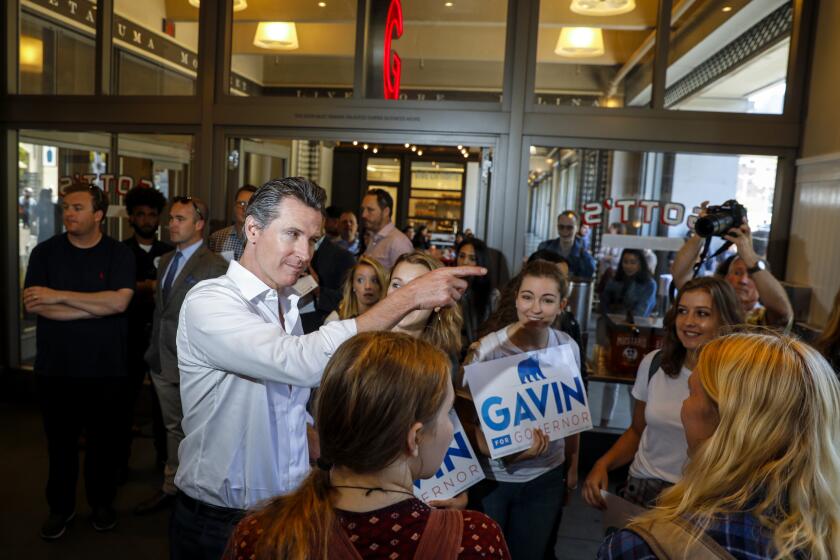Democrats’ arguments against the recall varied over the last several months but ultimately settled on the COVID-19 health crisis. Newsom warned that some Californians would literally die if the recall was successful because his GOP rivals opposed mask and vaccine mandates.
“It’s a matter of life and death,” warned one anti-recall ad.
Newsom had initially characterized the effort as a costly waste of money fueled by extremists.
“A handful of partisan activists supporting President Trump and his dangerous agenda to divide America are trying to overturn the definitive will of California voters and bring Washington’s broken government to California with this recall effort. The last thing California needs is another wasteful special election, supported by those who demonize California’s people and attack California’s values,” he wrote to the secretary of state’s office in his official response to the recall.
For months, Newsom didn’t publicly address the recall, and when asked by reporters about it, he demurred. “I’m focused on the vaccine issue,” he said during a news conference earlier this year on the pandemic. “That’s my focus. That’s why I’m here.”
As the recall effort gained momentum, Newsom increasingly held public events around the state, flanked by Democratic elected officials, who made the case for him remaining in office, and granted increased media access — moves viewed as the governor shifting into campaign mode.
Newsom also benefited from a recovering state economy and a nearly $76-billion budget surplus, which allowed him to propose sending $600 state stimulus checks to many Californians, a $5-billion rental assistance plan and other programs. At times, he looked like a game show host announcing gifts to voters.
On March 15, Newsom’s allies formally launched an anti-recall campaign led by national Democratic stars including Sens. Elizabeth Warren and Cory Booker and independent Vermont Sen. Bernie Sanders. The state Democratic Party kicked in more than $500,000 as Newsom embarked on a virtual national media tour.
More than $70 million was donated to the anti-recall effort, including $3 million from Netflix co-founder Reed Hastings, which is notable because Hastings was among the pro-charter school activists who spent millions opposing Newsom in the 2018 gubernatorial campaign. The Democratic Party, labor unions and Silicon Valley titans were among the governor’s other major donors.
The state party was widely castigated over its first response to the recall when, days after the deadly insurrection at the U.S. Capitol, party Chairman Rusty Hicks called the effort a “California coup” and tied it to the extremist groups involved in the riot.
